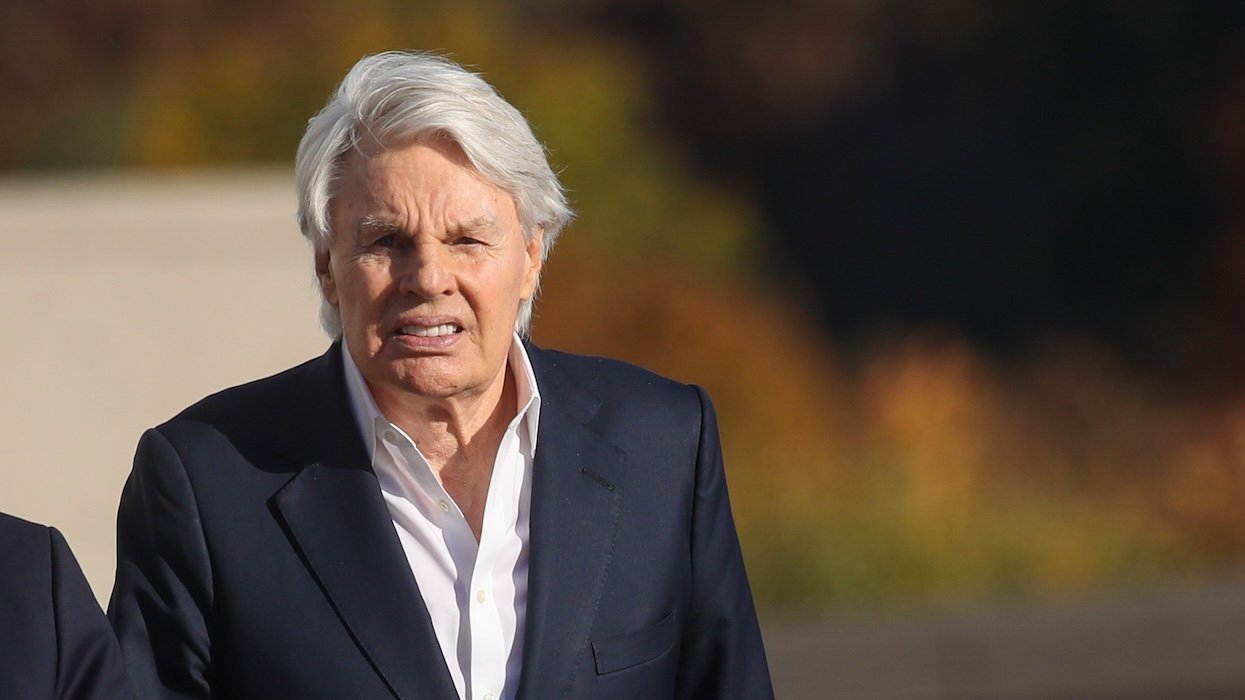India has put a
group of volunteers on a yearlong watch after giving them
a trial vaccine against HIV, marking a key phase in the
search for a drug to prevent infection with the virus,
a scientist said on Thursday.
Home to the
second largest number of people living with HIV after South
Africa, India started giving the vaccine to 30 healthy
volunteers in varying doses from February last year.
"The trials have
entered the follow-up stage, where they will be
observed," says R.S. Paranjape, deputy director of the
National AIDS Research Institute.
A vaccine for the
developing world, where antiretroviral drugs are either
unavailable or too expensive for millions of HIV-infected
people, would be the ultimate prize in the fight
against AIDS.
But efforts to
find one have been hampered by the virus's ability to
mutate, scientists say.
"We will begin
collecting data from the volunteers after one year
from this month," Paranjape said, adding that similar trials
in Belgium and Germany have completed the yearlong
study and are waiting for the Indian scientists to
catch up.
"Once the
follow-up stage is over, data from volunteers in these
three countries will be collated and decoded to study the
result," Paranjape said.
The International
AIDS Vaccine Initiative, which coordinates the global
search for a vaccine, says India is important because of its
advanced biomedical research facilities and a strong
pharmaceutical industry, which has developed cheap and
effective anti-HIV drugs that are exported across the
world.
India is also
working on a second vaccine--called the Modified Vaccinia
Ankara--that will target HIV subtype C.
The world's
second most populous country has an official HIV caseload of
more than 5 million people, and experts say that
the number could quadruple by 2010, as many
people are still reluctant to discuss safe sex openly.
Many experts say the true infection rate may be far higher
than government figures suggest. Many Indians cannot
afford antiretroviral drugs, which cost 1,300 rupees
($29.40 U.S.) a month.
Human trials of
vaccines against various strains of the HIV virus are
being conducted in the United States, Europe, and Africa.
(Reuters)


















































































